

India Shames Pakistan on Global Terrorism Stage at UNGA
India delivered a sharp rebuttal at the United Nations General Assembly (UNGA) following Pakistan Prime Minister Shehbaz Sharif’s remarks about Jammu and Kashmir. In his speech, Sharif criticized India's 2019 decision to abrogate Article 370 and called for dialogue between the two nations. India responded firmly, with Bhavika Mangalanandan, India’s First Secretary to the UN, warning that Pakistan’s continued support for cross-border terrorism would "inevitably invite consequences."
India Shames Pakistan on Global Terrorism Stage at UNGA

India delivered a sharp rebuttal at the United Nations General Assembly (UNGA) following Pakistan Prime Minister Shehbaz Sharif’s remarks about Jammu and Kashmir. In his speech, Sharif criticized India's 2019 decision to abrogate Article 370 and called for dialogue between the two nations. India responded firmly, with Bhavika Mangalanandan, India’s First Secretary to the UN, warning that Pakistan’s continued support for cross-border terrorism would "inevitably invite consequences."






 OpinionExpress.In
OpinionExpress.In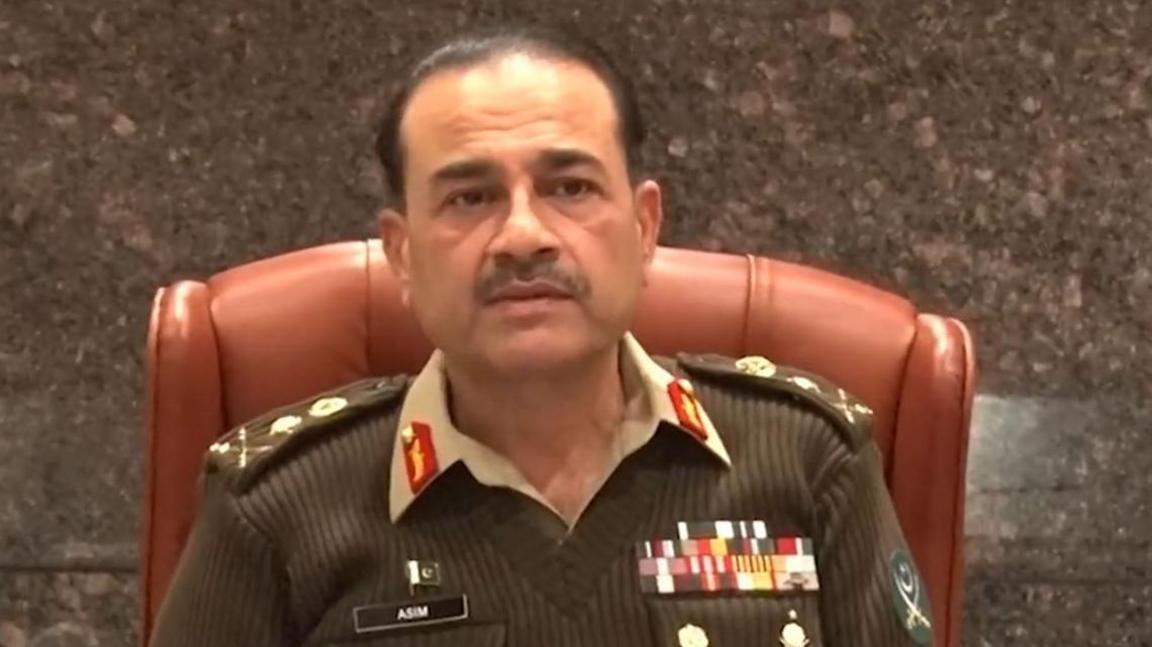
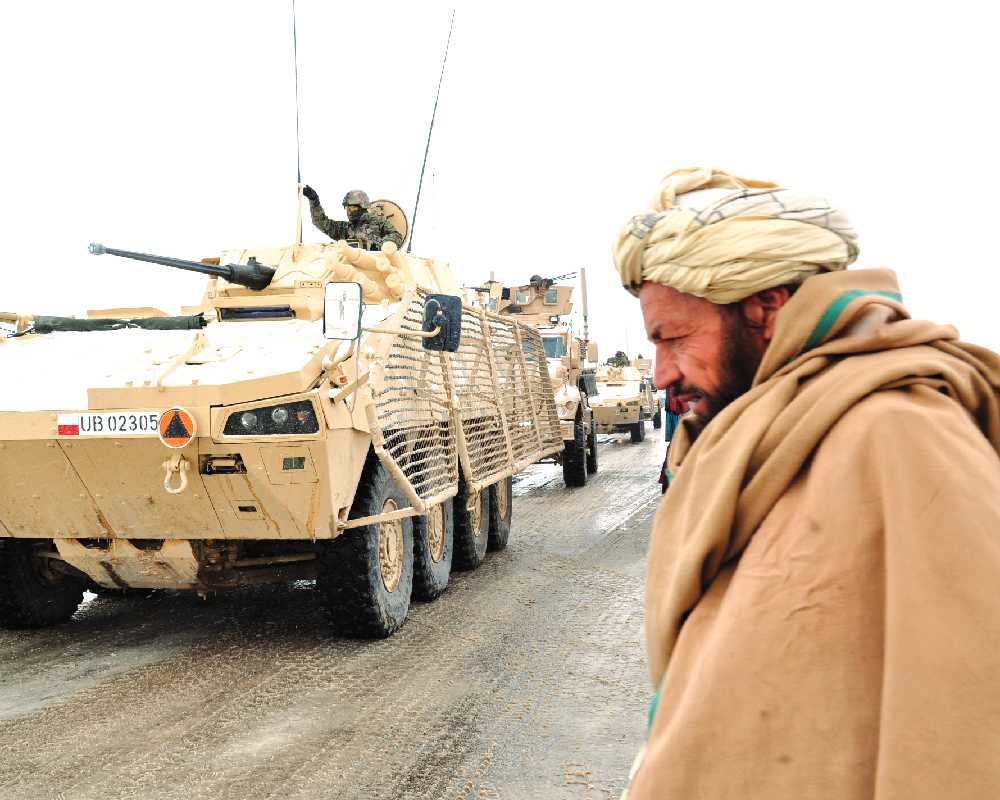


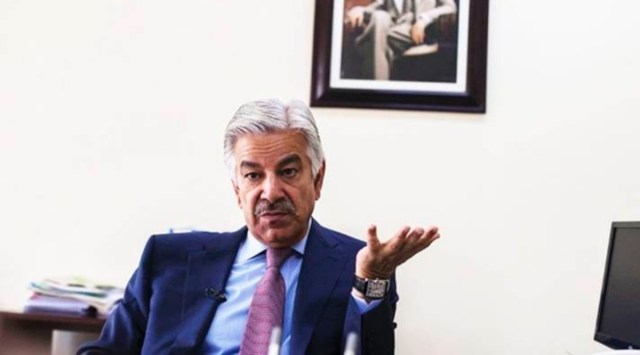
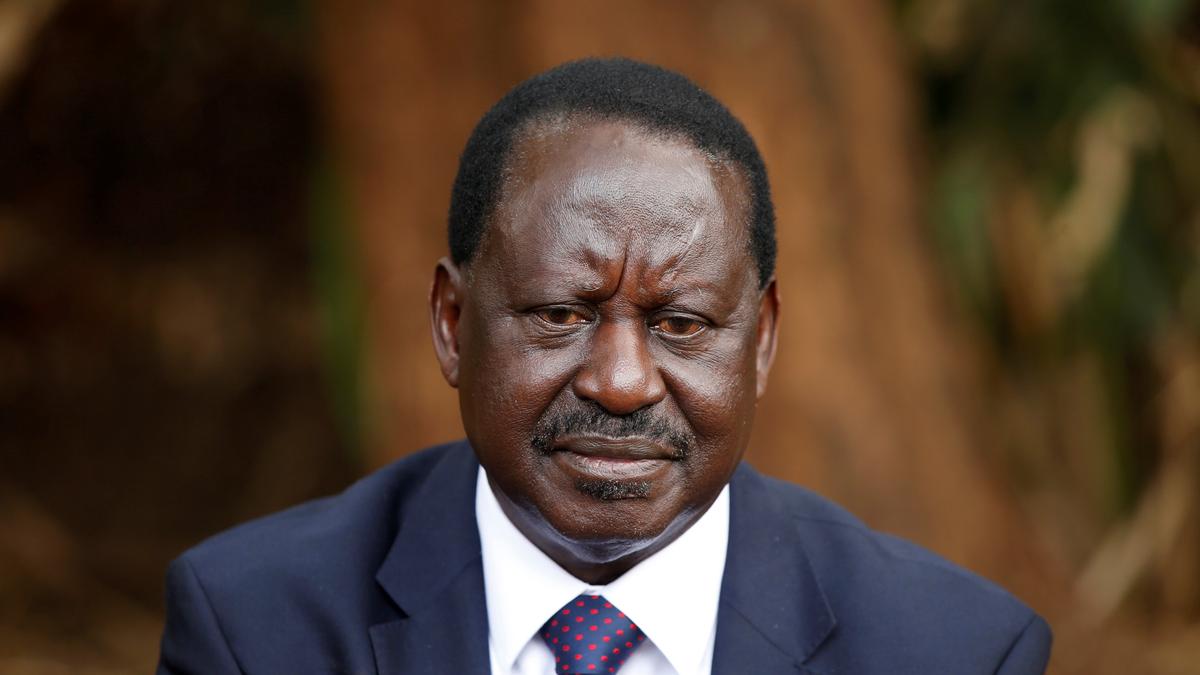
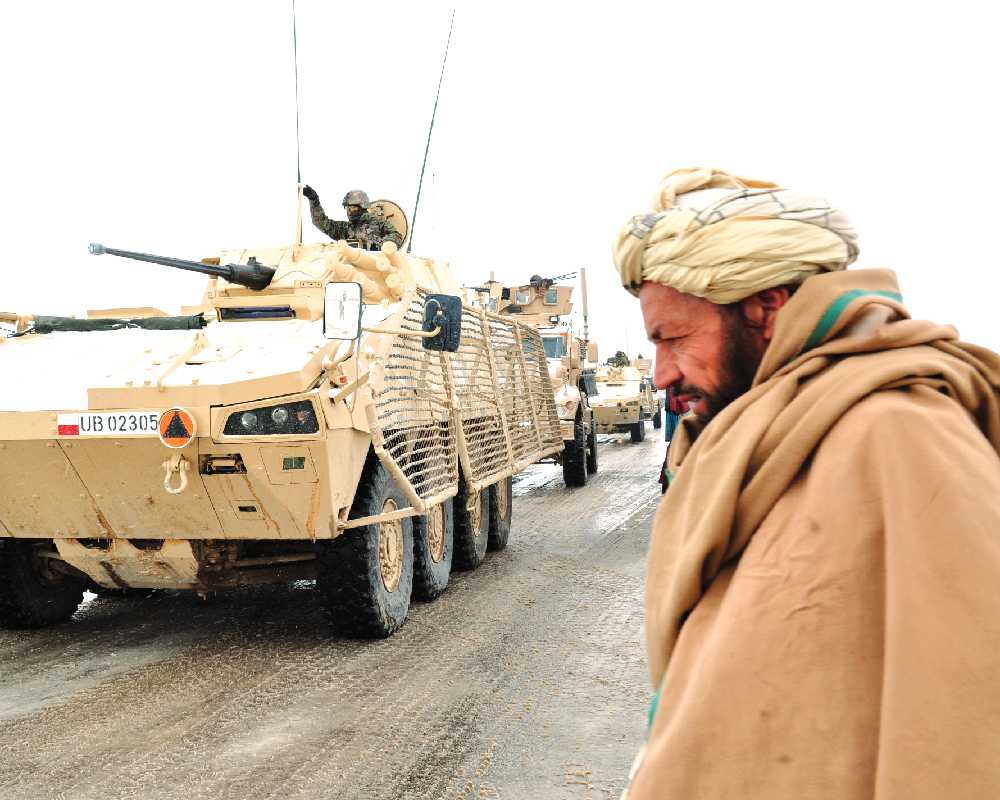

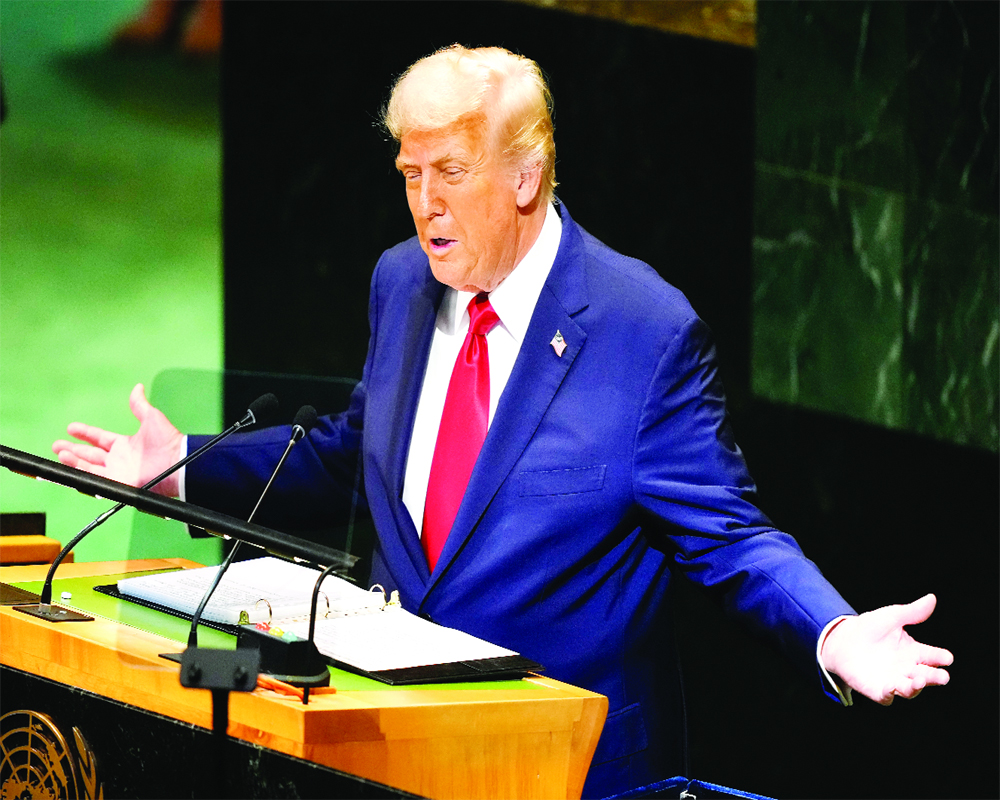
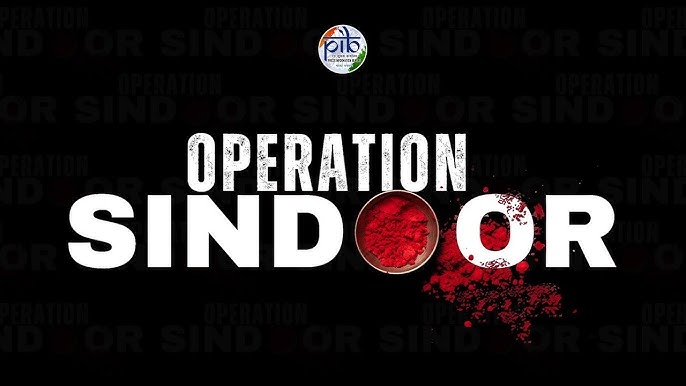






Comments (0)